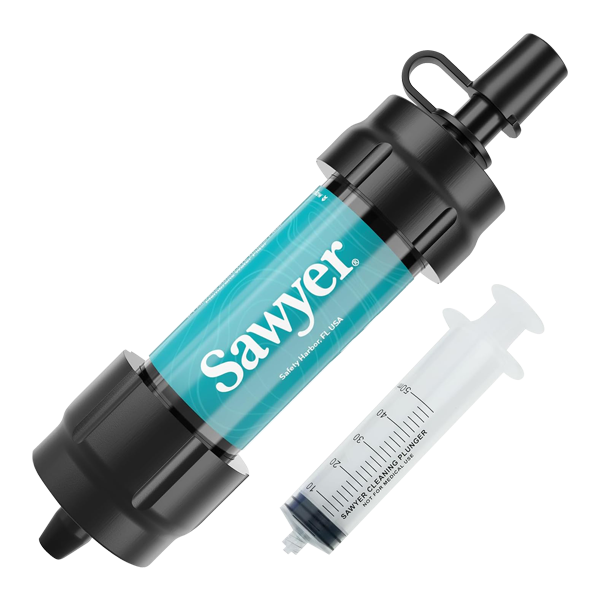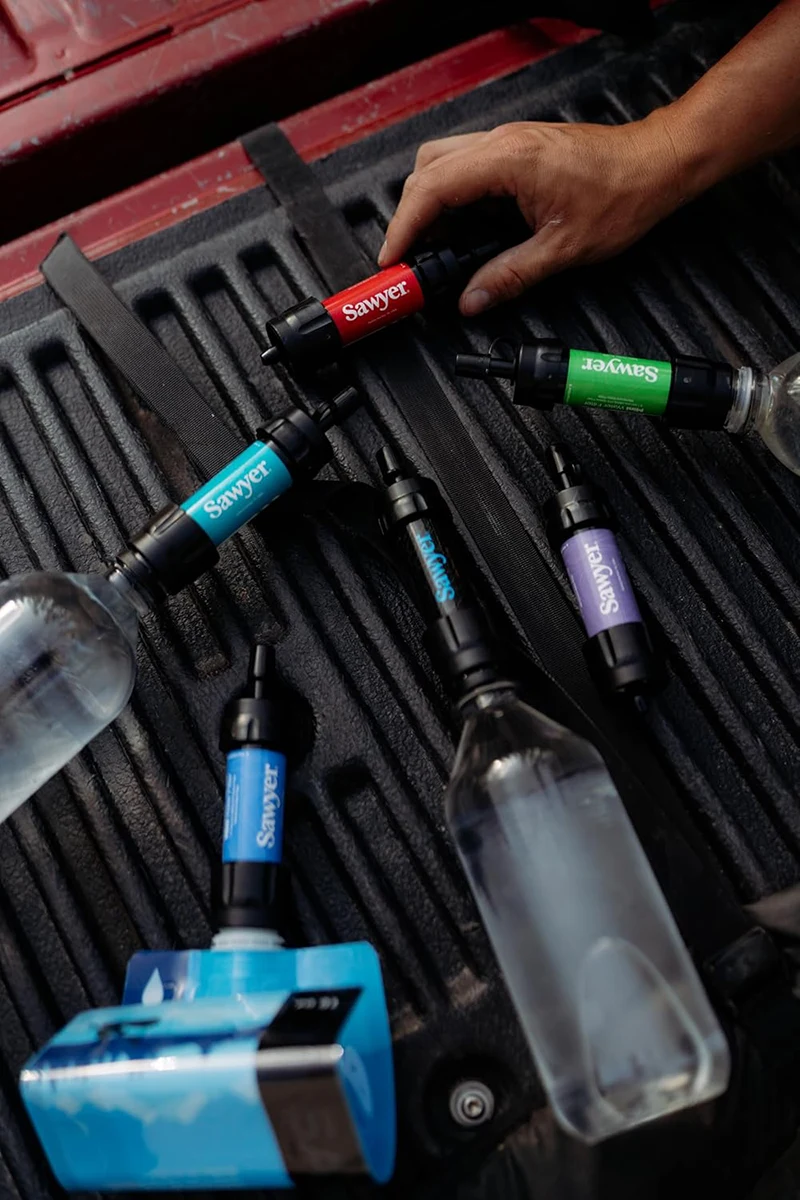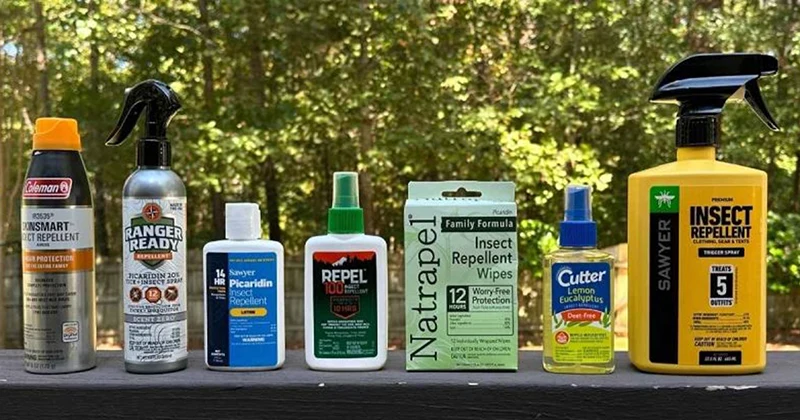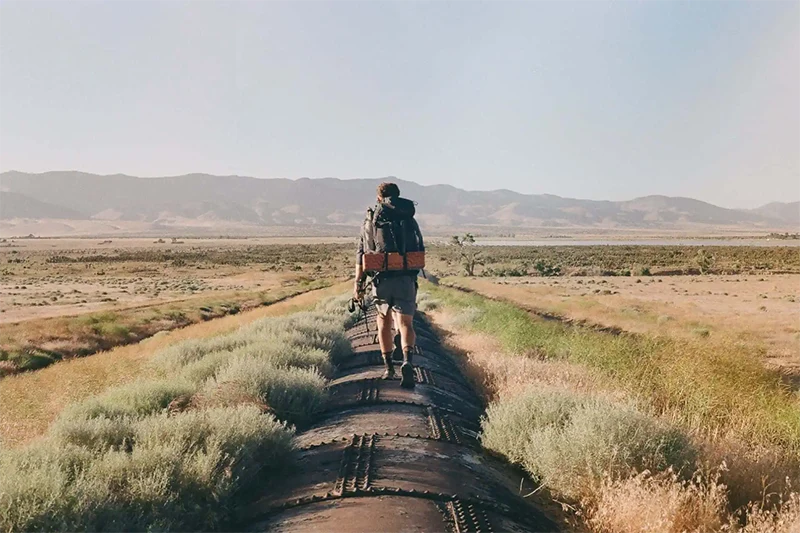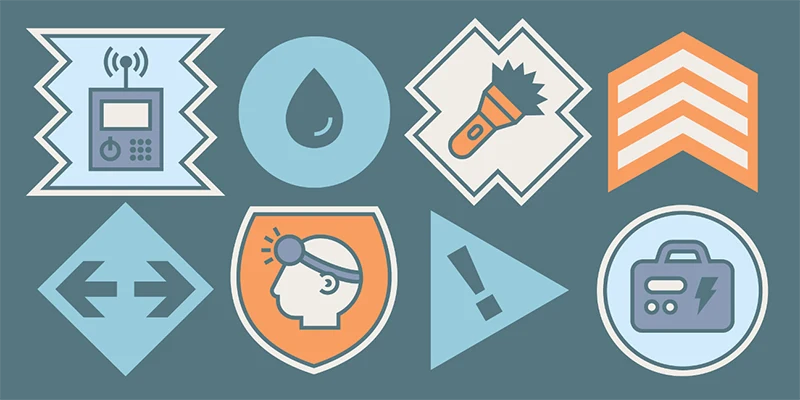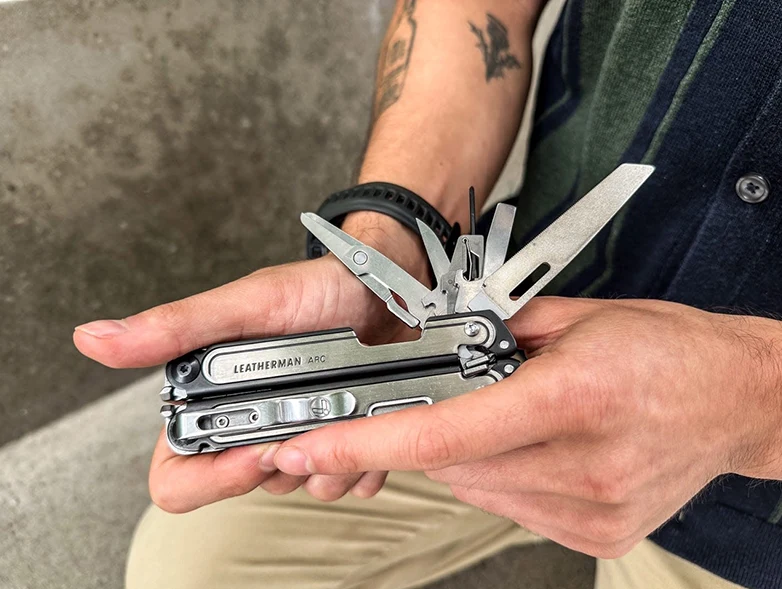MSN: CBS News: High-tech camping gear to make the outdoors more comfortable
MSN: CBS News: High-tech camping gear to make the outdoors more comfortable

MSN: CBS News: High-tech camping gear to make the outdoors more comfortable
YouTube video highlight
High-tech camping gear to make the outdoors more comfortable
Read more about the projectHigh-tech camping gear to make the outdoors more comfortable
It's official: It seems like everybody wants to visit a U.S. national park this summer. Parking lots are filling up as early as 7 a.m. Reservations at top parks such as Yellowstone are tough to come by. Other park visitors report wait times of up to four hours.
Prices for RV sales and rentals also have skyrocketed as Americans seek good times in the great outdoors. That trend first emerged last year and shows no signs of slowing -- which is fine, if you have, say, six figures to sink into a mobile camper.
Good news, though: If you're one of the thousands and thousands of folks hoping to get closer to nature this season, you still have options, including lesser-known state parks, RV parks and KOA campgrounds nationwide. No matter what kind of outdoor getaway you prefer, you may need to pick up some new gear. If you're a tenderfoot, here's more good news: Camping equipment has evolved -- a lot -- so now even a newcomer can rough it without feeling too rough.
CBS Essentials has rounded up the lightest and most innovative gear, including an all-season tent, cooking equipment and other camping staples that will help make your outdoor adventure a little less wild. You can find the complete article written by Leah Groth here.
MSN: CBS News: High-tech camping gear to make the outdoors more comfortable


High-tech camping gear to make the outdoors more comfortable
It's official: It seems like everybody wants to visit a U.S. national park this summer. Parking lots are filling up as early as 7 a.m. Reservations at top parks such as Yellowstone are tough to come by. Other park visitors report wait times of up to four hours.
Prices for RV sales and rentals also have skyrocketed as Americans seek good times in the great outdoors. That trend first emerged last year and shows no signs of slowing -- which is fine, if you have, say, six figures to sink into a mobile camper.
Good news, though: If you're one of the thousands and thousands of folks hoping to get closer to nature this season, you still have options, including lesser-known state parks, RV parks and KOA campgrounds nationwide. No matter what kind of outdoor getaway you prefer, you may need to pick up some new gear. If you're a tenderfoot, here's more good news: Camping equipment has evolved -- a lot -- so now even a newcomer can rough it without feeling too rough.
CBS Essentials has rounded up the lightest and most innovative gear, including an all-season tent, cooking equipment and other camping staples that will help make your outdoor adventure a little less wild. You can find the complete article written by Leah Groth here.
MSN: CBS News: High-tech camping gear to make the outdoors more comfortable


High-tech camping gear to make the outdoors more comfortable
It's official: It seems like everybody wants to visit a U.S. national park this summer. Parking lots are filling up as early as 7 a.m. Reservations at top parks such as Yellowstone are tough to come by. Other park visitors report wait times of up to four hours.
Prices for RV sales and rentals also have skyrocketed as Americans seek good times in the great outdoors. That trend first emerged last year and shows no signs of slowing -- which is fine, if you have, say, six figures to sink into a mobile camper.
Good news, though: If you're one of the thousands and thousands of folks hoping to get closer to nature this season, you still have options, including lesser-known state parks, RV parks and KOA campgrounds nationwide. No matter what kind of outdoor getaway you prefer, you may need to pick up some new gear. If you're a tenderfoot, here's more good news: Camping equipment has evolved -- a lot -- so now even a newcomer can rough it without feeling too rough.
CBS Essentials has rounded up the lightest and most innovative gear, including an all-season tent, cooking equipment and other camping staples that will help make your outdoor adventure a little less wild. You can find the complete article written by Leah Groth here.






.png)














